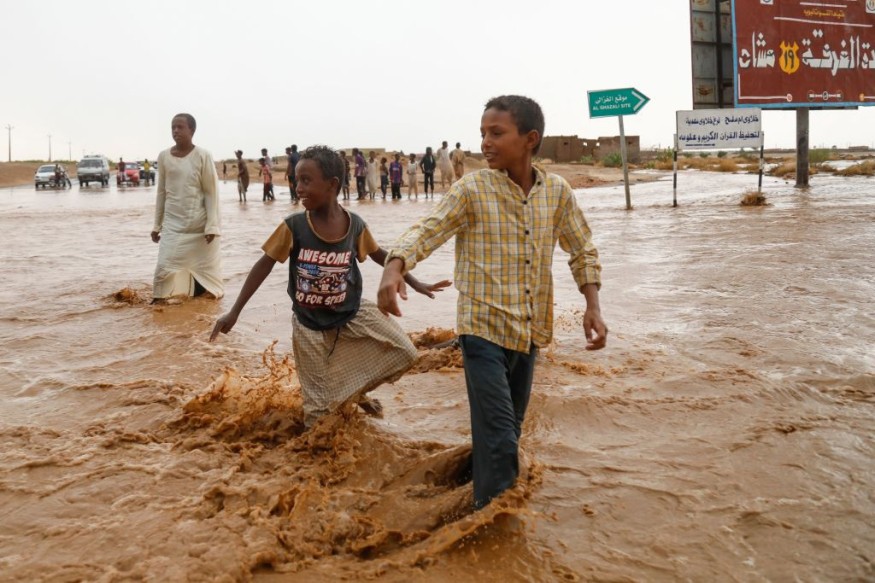A growing number of couples are reluctant to bring a child into the world, as fear of climate breakdown is now a key factor in creating a family.

Fear Of Climate Breakdown
The research, conducted by a team of academics at University College London, is thought to be the first comprehensive evaluation to investigate how and why climate-related concerns may influence reproductive decision-making.
The study suggested that in 12 of the 13 studies analyzed, larger fears about climate breakdown were connected with a desire for fewer children, or none at all.
According to Hope Dillarstone, principal author of the study published in the journal PLOS Climate, uncertainty about the future and concerns about the ecological impact of the expanding human population were important issues highlighted in the research.
"So people were concerned, if they had too many children, that then that would diminish the chances of children being able to survive, ultimately, because they would have too many mouths to feed," the research said.
Emma Smart and her husband, Andy, made the decision not to have children just over a decade ago.
The couple recalled being laughed at when they said that climate change was one of their considerations for this big decision.
"It was, one, that moral responsibility of do you bring a child into a world where potentially they might not have a pleasant, even livable future. But then there is the secondary moral dilemma of the kinds of emissions behind having a child. And that sounds cold and sort of more [like] data than emotion, but that was a big factor for us," said Emma.
Dillarstone expressed hope that a better understanding of how people make reproductive decisions in light of the climate problem would help shape public policy.
However, she stated that her findings revealed that the explanations given by people were complex and could not be generalized across the entire world.
Read Also : African Children Exposed To Environmental Shocks Making Them High Risk To Climate Change
10,000 Ton Of CO2 Per Child
In 2009, statistician Paul Murtaugh and climate scientist Michael Schlax calculated that having just one child in a high-emitting country like the United States adds almost 10,000 tons of carbon dioxide to the atmosphere.
That is five times the number of emissions produced by the average parent over their lifetime.
This figure is so high because offspring are likely to have children, sustaining emissions for many generations to come.
According to one famous 2002 argument, childbearing should be compared to overconsumption.
Procreation, like overconsumption, is an act in which you purposefully cause more carbon emissions than is ethical. If we condemn overconsumption, we should be consistent and question procreation as well.
Given the possible climate impact of even a single child, some ethicists believed that there are ethical limits to the size of our families.
Typically, they suggested that we have no more than two children per couple, and sometimes no more than one. Others have even claimed that it may be wiser not to have any children at all in the current climate.
Related Article : Climate Change: Unborn Children From Morwell Fire Has Increased Risk of Respiratory Infection
© 2025 NatureWorldNews.com All rights reserved. Do not reproduce without permission.





